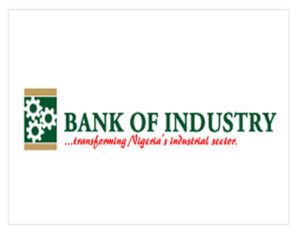Foreign reserves appreciate by $2.76bn in September — CBN
The Central Bank of Nigeria (CBN) has said the nation’s foreign reserves appreciated by $2.76 billion in the month of September 2021 to close at $36.78 billion as of the end of the month.
This gain represents the highest monthly gain recorded since May 2020, when the reserve gained $3.07 billion in a single month.
Notably, the foreign reserves increased by 8.13per cent from $34.02 billion recorded as of August 2021 to $36.78 billion in the review month.
Similarly, the external reserve has gained a sum of $1.41 billion year-to-date compared to $35.37 billion recorded as of the end of 2020, representing a four per cent increase between January and September 2021.
The approval for the SDRs credit was announced by the board of IMF on August 4. SDRs are supplementary foreign exchange reserve assets defined and maintained by the IMF. They are units of account for the IMF and not a currency.
Meanwhile, as at last Wednesday, the figure appreciates to $36.6 billion, as it gained by $2.42billion from $34 billion it opened in September, reflecting the gains in rising oil prices in recent months.
With the steady increase in foreign reserves, analysts have explained that the ban foreign exchange sales to Bureau de Change (BDCs). Also contributing .
The CBN Governor had on July 27, at the end of the Monetary Policy Committee meeting, announced the stoppage of forex sale to the BDCs, saying they had turned themselves into “agents that facilitate graft and corrupt activities of people who seek illicit fund flow and money laundering in Nigeria.”
The Former President Chartered Institute of Bankers of Nigeria (CIBN), Prof. Segun Ajibola in a chat with Nigerian NewsDirect had disclosed that hike in crude oil as factor responsible for steady increase in foreign reserves with $36billion threshold as at September 30, 2021.
He noted that development would help stabilise Nigeria’s foreign exchange rate.
According to him, “It’s basically a reflection of the rise in crude oil price. Brent touched $80 per barrel last week”.
When asked on the implication on Nigeria’s economy, Ajibola said, “Growing external reserve is primarily used to provide liquidity in the forex market. So, it will help to stabilise the Exchange rate.”
According Economist and Former Director General, Lagos Chambers of Commerce (LCCI), Mr. Muda Yusuf said, “It’s a welcome development. The most probable factor would be enhanced accretion to reserves on the back of the gradual rebound of crude oil price.
“Ordinarily, the impact would have been more but for the reverse flow of foreign exchange earnings resulting from the importation of petroleum products. This is why the net benefit of high oil prices is typically very marginal.
“The continued dependence on fuel imports would continue to deny the Nigerian economy the full benefits of the upswings in oil prices.”




